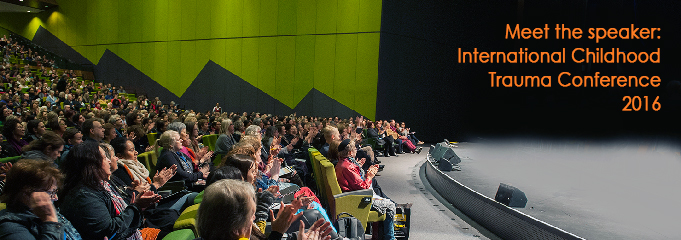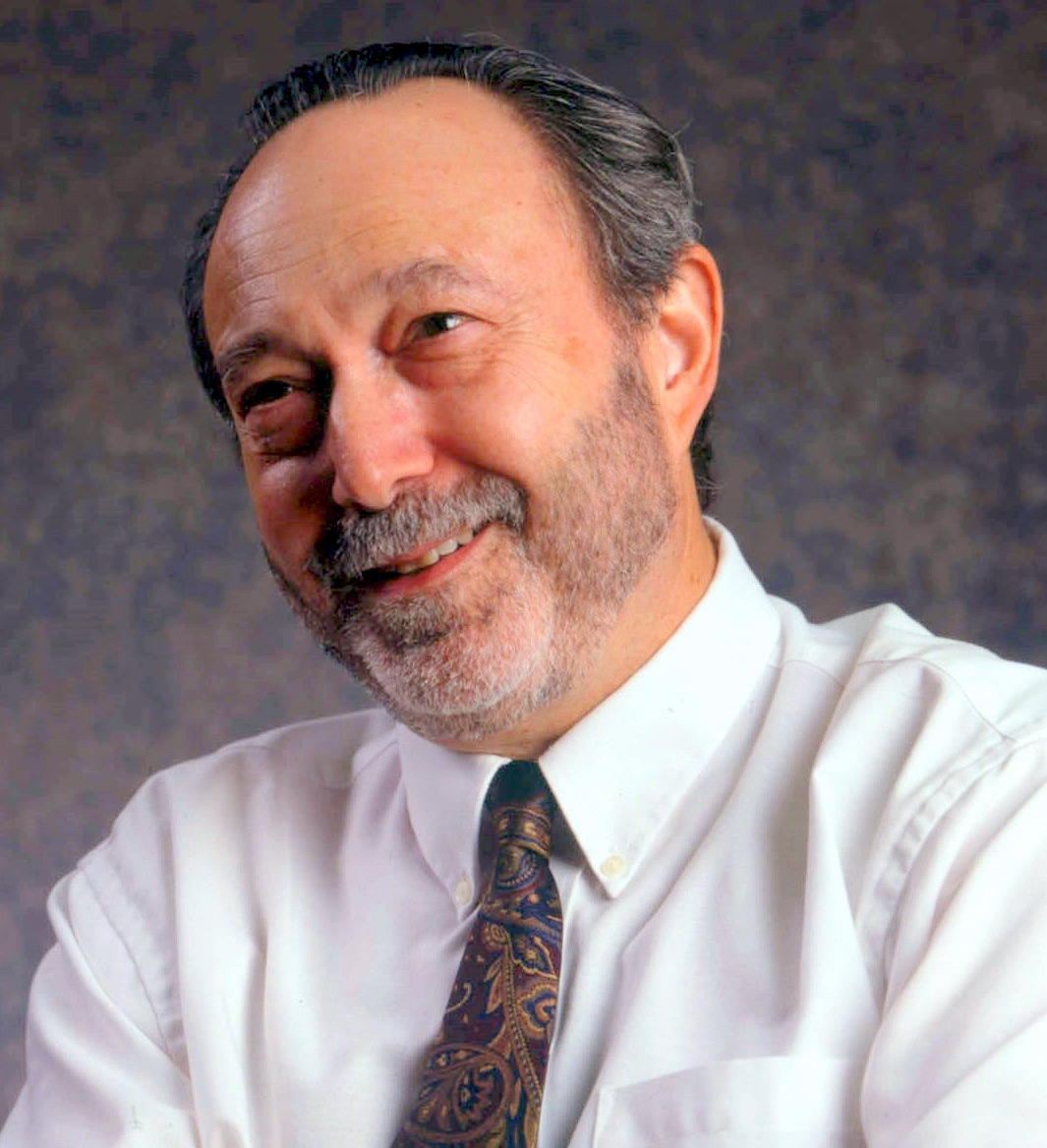
Meet the Speaker: Stephen Porges

 This is the second in our ‘Meet the Speakers’ series, giving insights into the lives of those presenting at the 2016 International Childhood Trauma Conference. This week we learn that Dr Stephen Porges has been interested in non verbal communication for some time!
This is the second in our ‘Meet the Speakers’ series, giving insights into the lives of those presenting at the 2016 International Childhood Trauma Conference. This week we learn that Dr Stephen Porges has been interested in non verbal communication for some time!
1. What was a pivotal experience (the “spark”) that started you off in your research and/or practice?
I have always been interested in the bridge between feelings and rational thought and this served as the basis for my research as it evolved into a model linking nervous system regulation of biobehavioral state to mental and physical health.
2.Who from your childhood would have known that you would do the sort of work you are doing? And why?
Like many of my generation, the family life I experienced appeared dysfunctional when contrasted to the idyllic family life crafted for the television shows of the 1950s and early 1960s. Not far below the surface of our family life were real issues, not only of resource, but of vulnerability, often linked to World War II, McCarthyism, racism, and anti-Semitism. Missing from the family dialog were discussions of the critical events related to the transgenerational trauma experienced by my grandparents as they were first stripped from their family roots when they emigrated from Central and Eastern Europe to the United States in the early 1900s and then, after establishing themselves in a new country, losing their extended family during the holocaust.
In contrast to this partially hidden and not to be discussed personal history, the metaphor of safety in all its manifestations was the mandate for survival and success. Safety took the guise of wealth, professional status, and educational achievement. Given this background, I had only one choice of profession to be successful within my family and culture.
My parents wanted me to be a physician. However, although I started college as a premed student, and even worked as an operating room orderly, my passion was not in medicine. Even as an adolescent, I my intellectual curiosity focused on understanding the links among subjective experience, physiology, emotion, and social interactions. By the time I was in high school it was clear to my friends that I was on a path towards understanding how nonverbal communication occurred at a level that was below conscious awareness.
Thus, my path as a psychologist led me to study psychophysiology, developmental psychology, neuroscience, comparative neuroanatomy, neurophysiology, time series statistics, and biomedical engineering. As clinicians provided me with feedback of the relevance of my work to their patients, the Polyvagal Theory emerged as an integrated theory with clinical applications.
3.What has been the most important insight that you have derived from your work that you hope others would find interesting?
During the 50 years since graduating high school, I have been fortunate to shift my professional work towards my personal interests and to build the tools necessary to support a science of interpersonal neurobiology. Personally and professionally, I have focused my intellectual resources towards the space between subjective experience and the features that define both social engagement and responses to others. My work has focused on reducing the dissonance between personal subjective experience and the complex features of interpersonal experiences. When this dissonance is minimized, we are safe in the arms of another.
That space has been defined by our phylogenetic history and its impact on the biobehavioral strategies that we unconsciously implement in response to both positive and negative challenges. An understanding of how evolution changed our nervous system provides an explanation of how we respond to safe, dangerous, and life threatening situations. It is this understanding on which Polyvagal Theory is based.
4.What is one new idea that you are hoping to share with delegates at the conference in 2016?
How an understanding of the changes in neural regulate autonomic (and behavioral) state, which changed during evolution, helps us make sense of reactions to traumatic events and chronic abuse.
Dr Porges is Distinguished University Scientist at Indiana University Bloomington where he directs the Trauma Research Center in the Kinsey Institute. He is Professor of Psychiatry at the University of North Carolina, Professor Emeritus at the University of Illinois at Chicago, where he directed the Brain-Body Center in the Department of Psychiatry, and Professor Emeritus at the University of Maryland, where he chaired the Department of Human Development and directed the Institute for Child Study.
If you would like to hear more from Dr Porges, be sure to register for the 2016 conference here.
You can read last week’s interview with Dan Hughes here.
